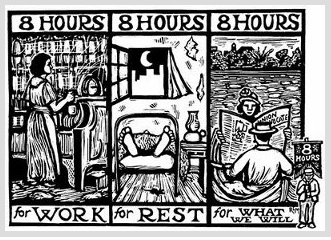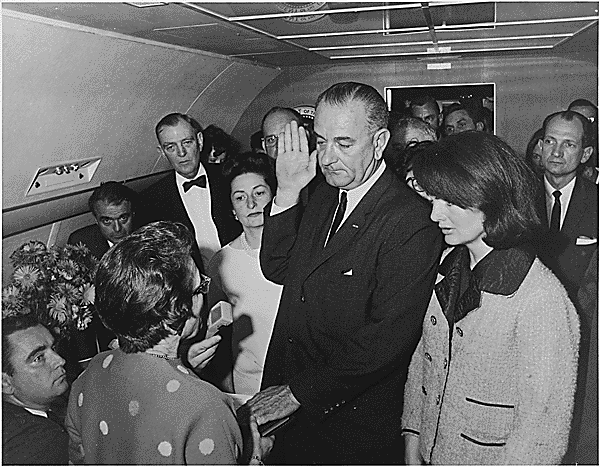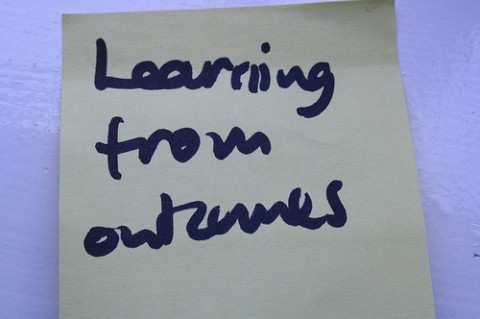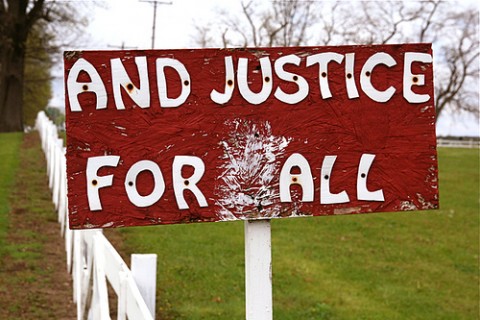Archives
May 3, 2012

Dear IISC Clients, Colleagues and Friends,
After nearly twenty years leading the Interaction Institute for Social Change (IISC)—and loving every minute of it—I will be transitioning from my role as IISC’s executive director as of July of this year. After a couple of months off, I will return as an independent consultant to continue doing this work that I love so much—both on my own and on behalf of IISC.
It has been an honor and a privilege to work shoulder to shoulder with people like you—extraordinary change agents who labor every day to make the world a better place.
IISC is now in search of someone to take what might be one of the best jobs on earth—leading IISC as it partners with organizations, communities and networks to move from shared vision to collective action toward building a more just and sustainable world. Please pass the word along. View the job listing here.
With love and gratitude,

Marianne Hughes
May 2, 2012

|Photo by Amani Hasan|http://www.flickr.com/photos/amani1306/2357549928|
A blog post on the Management Innovation Exchange site has got me thinking. In a post entitled, “Forget Empowerment – Aim for Exhilaration,” Polly LaBarre profiles Ricardo Semler of Brazil’s Semco Group. Semco is noted for its dramatic turnaround as a business, and for its unusual way of managing itself under Semler’s leadership, as noted by LaBarre -“no organizational chart, no fixed offices or working hours, no fixed CEO, no HR department, no five-year plan (or two- or one-year-plan), no job descriptions or permanent positions, no approvals necessary.” All of this is geared towards increasing individual autonomy and agency, participation at every level, and trust. The results are reported to be quite astounding with respect to business outcomes as well as employee fulfillment, with a long line of interested prospects at the door. Semler himself has even freed himself up to pursue interests in the realm of helping to reform primary education and the legal system! So how can I not help but be curious about some of what I/we might bring into our organizational life and work at IISC? Read More
May 1, 2012

Today is May Day. A few weeks ago I had the unique opportunity to share some ideas about working with complexity with a group of funders who are committed to social justice. It was quite an honor to sit in the same panel as the great Frances Fox Piven and the amazing Ai-Jen Poo.
Ai-Jen was recently named among Time magazine’s 100 most influential people in the world. I’ve been following her work for a while and I can tell you that the mention is well deserved. Frances has influenced, informed and inspired thousands of people who have committed their life to this work.
In the presence of such an elder and a luminary anyone would be a fool not to take notes. I thought I would share some highlights from Frances’ talk with you: Read More
April 30, 2012

We often focus on the understanding of power as a process and as a social construct. As Beth Roy says, “power is not something you have; it’s something you do.” I was struck by a contrast as I listened to a brief story this morning about Lyndon B. Johnson.
Biographer Robert Caro described Johnson as having “no power” as Vice President because the Kennedy’s didn’t want him to have any. When President Kennedy was assassinated, he suddenly had all the power conferred by that office. Read More
April 27, 2012

The following post is reblogged from Seth’s Blog. Short and simple , yet full of wisdom. We hope that it will enrich your life and much as it has ours.
Techniques and skill and even a point of view are often handed down, formally or not. It’s easier to get started if you’re taught, of course.
But art, the new, the ability to connect the dots and to make an impact–sooner or later, that can only come from one who creates, not from a teacher and not from a book.
April 26, 2012

I’ve been enjoying David Rock’s Quiet Leadership: Six Steps to Transforming Performance at Work, a book that pulls from neuroscience literature in an attempt to help us understand ourselves better, and to create new pathways to creativity, productivity, and . . . social change! Rock leads with the idea that the highest point of leverage to help someone change behavior is at the level of their thinking – to help them think better for themselves. He goes on to illustrate how what we pay attention to and how largely determines the content and quality of our lives. This includes the way that we pay attention to problems. Read More
April 25, 2012

Last weekend I had a most unique privilege. I facilitated the final retreat of a three-year process. I have been working with the Barrboletas, the Barr Fellows cohort of 2009, since their inaugural learning journey to Brazil in June of that year. We have a book worth of documentation. The fellowship as a whole will be highlighted in the May issue of the Stanford Social Innovation Review. This post is a celebration of their last retreat as a cohort – they will continue to participate in an exciting plethora of network activities as they are moved and able.
Read More
April 24, 2012

The following post are 5 tips that will help in your Social Media strategy for any organization. These are just 5 easy tips out of 10 that can be used in order to strengthen any social media platform. We hope that you find these extremely useful.
Why should businesses bother with social media? From Twitter and Pinterest to Facebook and Google+, the social realm can bring the human element to a product or service. A Facebook page enables a company to share behind-the-scenes photos or answer consumer questions. On Twitter, that same company can offer coupons, or get in touch with a person immediately over a complaint.
Read More
April 23, 2012

Wonder why I’m passionate about collaborative process and strong, creative process design?
Join us at Fundamentals of Facilitation for Racial Justice Work on May 8-9 in Boston to explore these ideas and more!
You can’t have peace or justice without it. Consider the following:
“Peace comes from being able to contribute the best that we have, and all that we are, toward creating a world that supports everyone. But it is also securing the space for others to contribute the best that they have and all that they are.” So says Nigerian human rights and democracy activist, Hafsat Abiola. Her words echo those of John Paul Lederach , who wrote in The Moral Imagination that peace is not a condition—a process through which people can build relationships conflicting parties and continually engage to create a reality where “the other” continues to exist.
Read More
April 19, 2012

|Photo by Social Innovation Camp|http://www.flickr.com/photos/sicamp/4078247284|
Another offering here in the spirit of simplicity and how we can get a lot from doing little things differently. Yesterday I blogged about “working agreements” to set groups and collaborative efforts up for success. Today, I want to lift up the power of planning meetings, convenings, and longer term collaborative endeavors with the end in mind. Often we find that people have the tendency to jump into doing and talking about doing without working backwards from the intended outcomes. There is an art and science to crafting “desired outcomes statements,” which we teach in our workshops (see Facilitative Leadership and Essential Facilitation), and a starting point is to imagine your stakeholders leaving said meeting or collaborative process and asking yourself:
- What shared understanding is it important/imperative for us to have achieved?
- What agreements is it important/imperative for us to have built?
- What commitments do we want people to have made?
- What products do we want/need to have generated?
- What feeling/spirit do we want to carried forward out of this experience?
April 18, 2012

|Photo by Steven Depolo|http://www.flickr.com/photos/stevendepolo/3517189608|
There are times when I have to remind myself that it is the simple things that can have the biggest impact in our change work. For example, I have been appreciating the impact of intentionally establishing what we call “working agreements” at the outset of a single convening or ongoing work with a group. Others might refer to these as “norms” or “ground rules,” though we like placing emphasis on the fact that these are guidelines that everyone builds together, agrees to, and can amend as we discover new needs, hence “working.” Read More
April 16, 2012

Periodically, we lift up the work of organizations working at the grassroots. Project HIP HOP (Highways Into the Past – History, Organizing and Power) is a youth-led organization that works at the intersection of arts and organizing.
Read More











